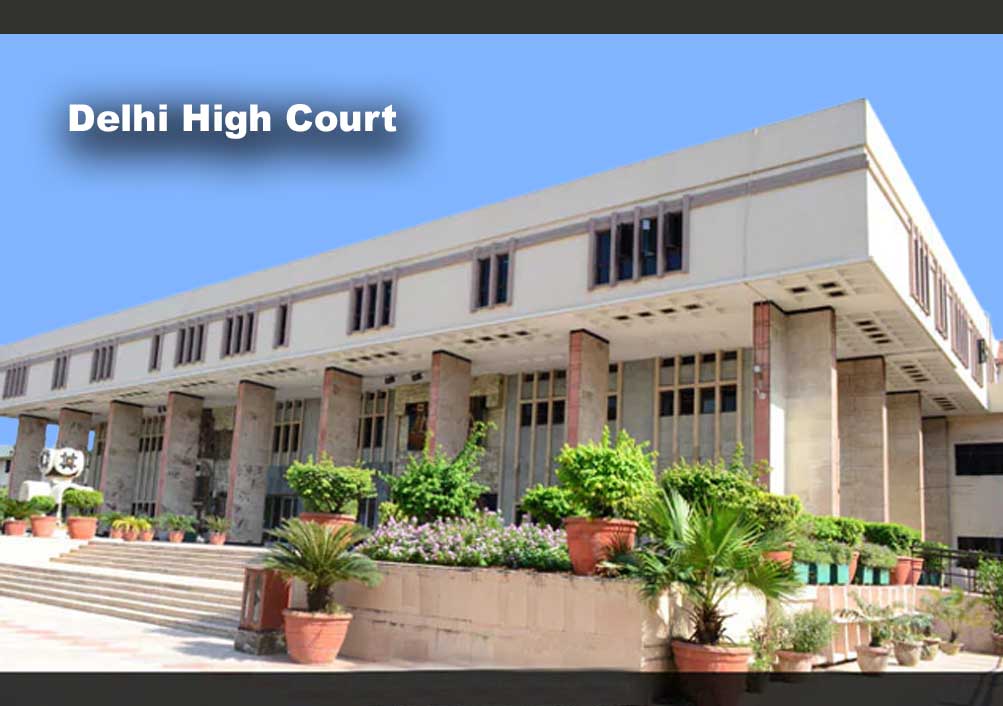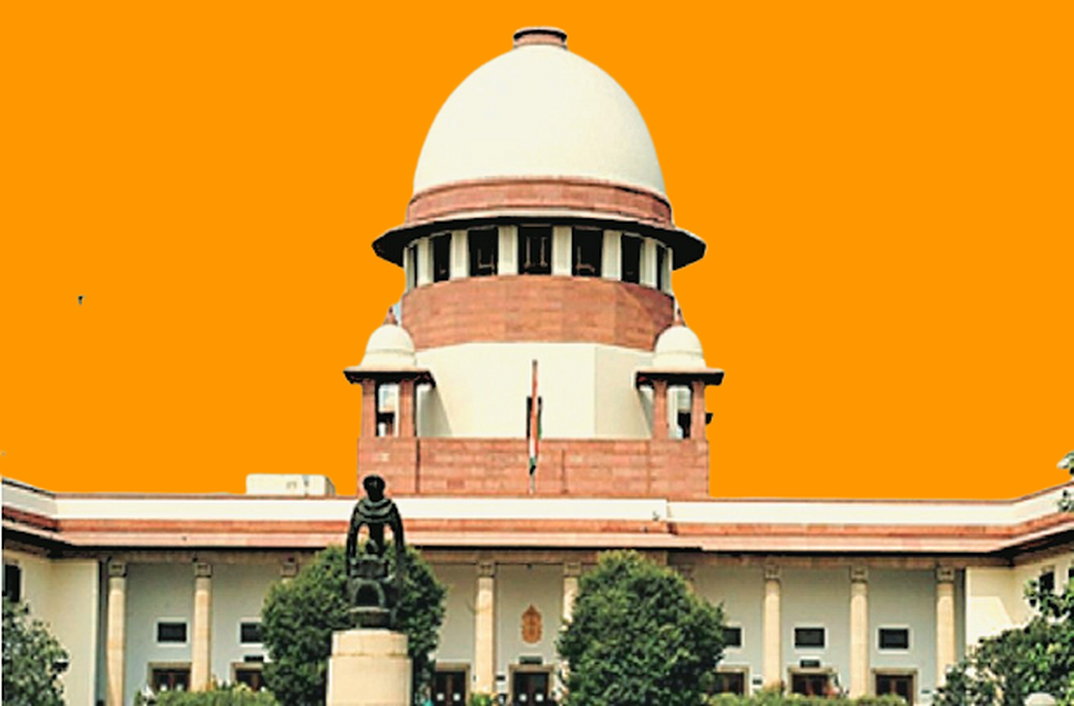13 mainstream media houses move Madras High Court saying IT Rules curb fundamental rights

By LE Desk
Chennai, June 24, 2021: Thirteen media outlets in India under the Digital News Publishers Association (DNPA) have moved the Madras High Court against the new IT Rules, seeking that the court declare the new Information Technology (Intermediary Guidelines and Digital Media Ethics Code) Rules 2021 as ultra vires, void and violative of fundamental rights under the Constitution.
This is the first time that mainstream media outlets have contested the new IT Rules and this is one of the many petitions filed against the new IT Rules in various High Courts of the country, The News Minute reported.
The networks that have moved the Madras High Court include media giants like ABP Network, Express Network, Hindustan Times Digital Streams, Indian Express Online Media Services, Lokmat Media, NDTV Convergence, TV Today Network, Malayala Manorama, Times Internet, etc. The petition states that the DNPA represents only traditional and legacy media outlets in print and broadcasting.
In its writ petition, the DNPA, an association of 13 print and television media organizations, has said that the new IT Rules seek to legislate the conduct of entities which are outside the scope of the Information Technology Act, 2000 and that they transgress the provisions of the parent Act.
The IT Rules 2021 seek to curb the freedom of speech and expression, the plea says, as well as freedom of press by proscribing content on the basis of vague and subjective grounds, which have already been struck down by the Supreme Court. The petition also states that IT Rules 2021 seek to usher in “an era of surveillance and fear,” which may result in self-censorship, which further curtails the fundamental rights as envisaged under the Constitution of India.
The Madras High Court heard the DNPA petition on Wednesday, but tagged it with the plea filed against the IT Rules by musician and activist TM Krishna. It issued a notice to the Union government and granted interim relief for the association, and allowed it to approach courts if any coercive action is taken under the rules. The court will hear the case further after three weeks.
The petition states that the Union government has “wrongfully and arbitrarily” classified legacy media houses involved in television and print media as part of digital media.
“The Petitioner No. 1 (DNPA) most humbly submits that Part Ill of the IT Rules impose arbitrary, unjustified, undue and unfair oversight into the acts of the Petitioner No. 1’s member media houses, which opens the door to suppressing freedom of speech and the independence of news media in the country, which has been upheld by the Supreme Court in a catena of judgments. The power which the IT Rules seeks to confer in the Respondent State is arbitrary and untrammeled and in violation of Article 14 of the Constitution of India,” the petition states, reported The News Minute.
The media houses have also said that the rules were passed without any discussions with stakeholders, they were not tabled in Parliament, and so they did not have the benefit of independent scrutiny and inputs, and the promulgation process was also opaque and ran contrary to the duty of the government to discharge its functions in a transparent, equitable, fair and just manner. The petition states that the rules provide a broad scope for misuse as it uses vague and subjective language in the Code of Ethics.
The petition adds that the three-tier mechanism to ensure adherence to the Code of Ethics effectively implies that the contravention of any law will not be tested by the judiciary, but by members of the executive. “This is, thus, in colourable exercise of power and a gross and mala fide attempt by the Respondents (Union government) to usurp the judicial powers, thereby violating the fundamental principles of separation of powers between the executive, judiciary and the legislature, as contemplated to be a part of the basic structure of the Constitution of India,” the Digital News Publishers Association has said.
Before moving the court, the digital arms of the traditional media entities had written to the Union government, seeking that they be excluded or exempted from the applicability of the rules. They had said that they have the same or common newsroom for the print, television and digital journalists, and the content created by them is already subjected to several uniform sets of guidelines and standards. However, the government turned down the request, stating that making any exception asked by the networks will be discriminatory to the digital news publishers who do not have a traditional TV or print platform, reported The News Minute.
Sign up for our weekly newsletter to stay up to date on our product, events featured blog, special offer and all of the exciting things that take place here at Legitquest.




Add a Comment